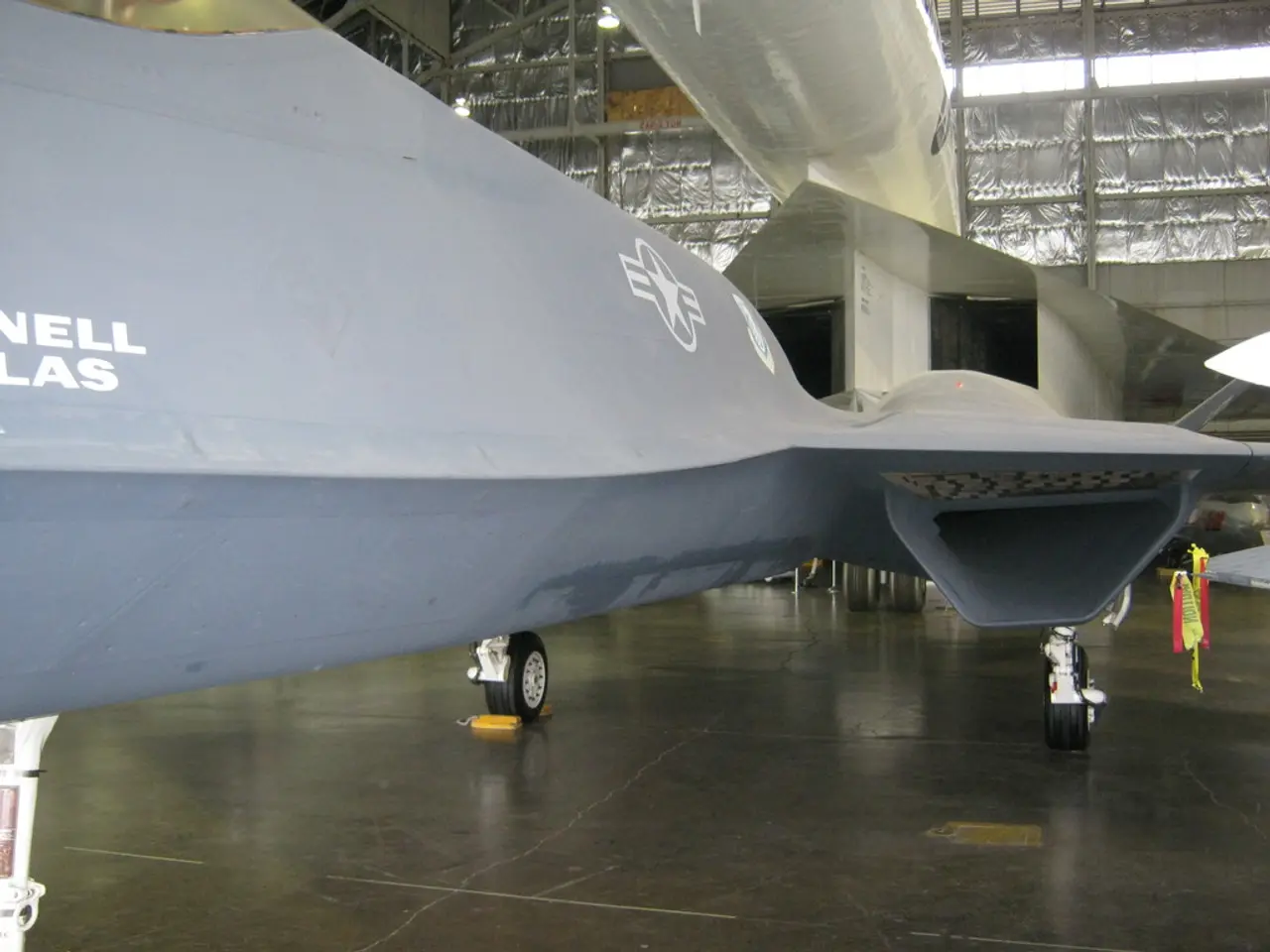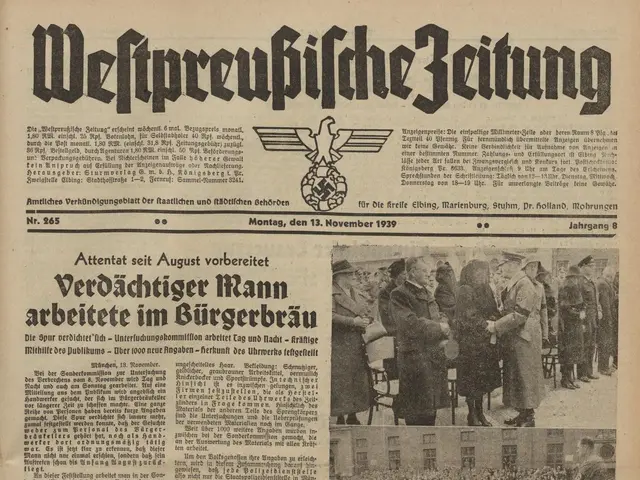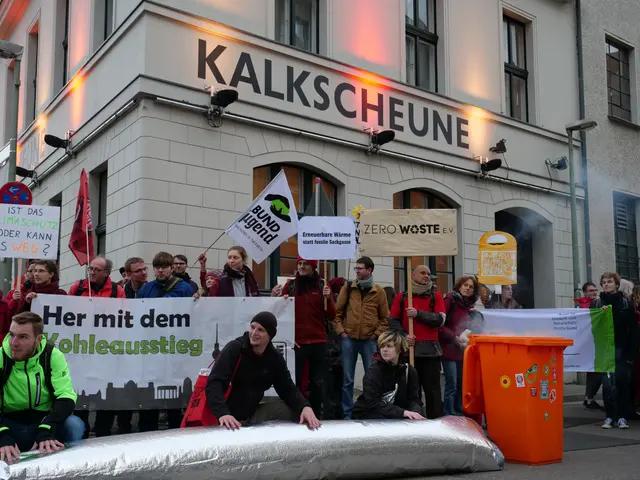Thousands of Boeing defense workers initiate a strike due to contract disagreements
Boeing Strike Disrupts Defense Production in St. Louis Area
More than 3,200 Boeing unionised workers in the St. Louis area and Illinois are on strike, affecting the production of critical components for the U.S. military’s fighter jets. The strike began on August 1st, after workers overwhelmingly rejected Boeing's latest contract proposal.
The workers, who are primarily involved in producing and maintaining fighter jets, including key models like the F-15 and the next-generation F-47 stealth fighter, are members of the International Association of Machinists and Aerospace Workers (IAM) District 837. The union leadership initially backed the company’s deal, but rank-and-file worker pressure forced a strike call — the first in these plants since 1996.
The contract would have included a 20% wage increase over four years, a 40% average wage growth claim by Boeing, and some improvements in vacation and sick leave. However, workers rejected it because it retained many long-standing grievances such as the elimination of company-paid pensions, a two-tier wage system where new employees take up to 12 years to reach top pay, and inadequate compensation against inflation.
Boeing Defense has a contingency plan in place for the work stoppage, utilizing non-labor personnel. However, the strike has halted production at three factories in the St. Louis area that produce critical components for the U.S. military’s fighter jets. Boeing has expressed disappointment over the strike but maintains that no security issues have arisen from temporarily substituting union workers.
District 837 workers are responsible for assembling Boeing's F-15 and F/A-18 fighters, the T-7 trainer, and the MQ-25 aerial refueling drone. The strike comes after Boeing's defense division expanded its manufacturing facilities in the St. Louis area to support the production of the new U.S. Air Force fighter jet, the F-47A, following Boeing winning the contract for the F-47A this year.
Boeing CEO Kelly Ortberg downplayed the impact of the strike, stating that it will not significantly affect Boeing's operations. The CEO's comments about the strike were made during a discussion about second quarter earnings. Tom Boelling, head of IAM's District 837, stated that the workers deserve a contract that reflects their skill, dedication, and critical role in national defense.
It is worth noting that this is not the first strike by Boeing workers. Last year, District 751 workers went on strike for seven weeks, ending with the approval of a four-year contract that included a 38% wage increase. The current strike is a testament to the ongoing labor issues within the company and the workers' determination to secure a contract that reflects their value and contributions.
The strike is ongoing, and both parties are expected to continue negotiations to reach a resolution that satisfies all parties involved. The impact of the strike on Boeing's overall operations and the U.S. military's fighter jet production remains to be seen.
The ongoing strike by International Association of Machinists and Aerospace Workers (IAM) District 837 members in the St. Louis area is affecting the finance of Boeing, as it has halted production at three critical factories in the defense industry, delaying production of key models like the F-15 and the next-generation F-47 stealth fighter, and the MQ-25 aerial refueling drone. Despite Boeing's contingency plan to utilize non-labor personnel, business operations in the aerospace sector may be adversely affected due to this work stoppage. On the other hand, Tom Boelling, head of IAM's District 837, insists that workers deserve a contract that adequately compensates their skill, dedication, and critical role in national defense, which is a significant concern for the finance sector.








